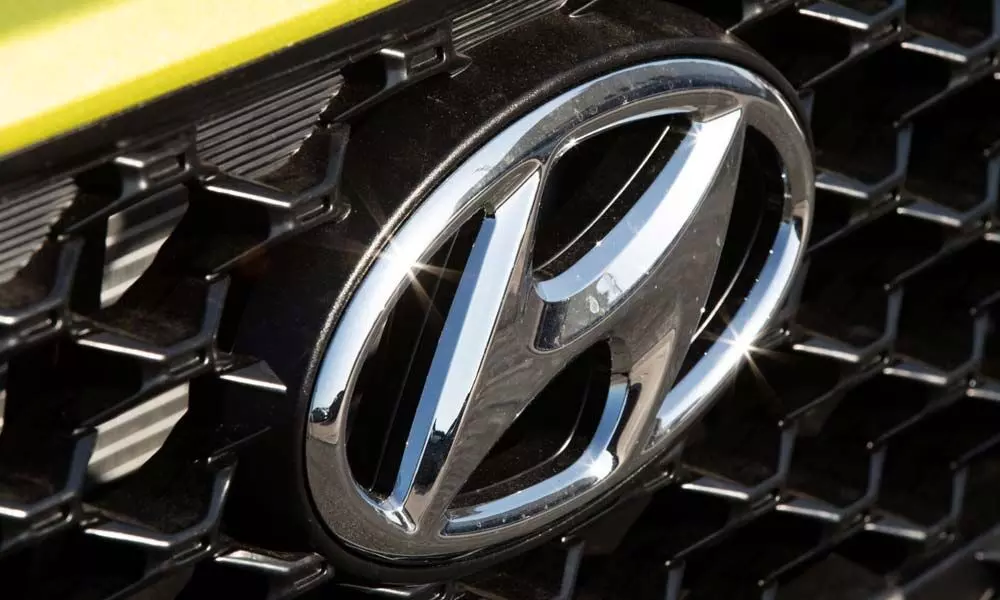Hyundai's $900-mn recall a cautionary tale for EV makers
There’s too great a rush to get electric cars to market. Development must be tempered by care for consumer safety and thought for the consequences to a company’s bottom line
image for illustrative purpose

The industry needs to take a slower, more considered approach to the next generation of automobiles. And investors must also shoulder responsibility for this rush toward green profits
Everyone's talking fast development, short timelines and tonnes of electric car models coming to market. But the price of ambition is high, as Hyundai Motor Co. is learning. Electric carmakers and the investors who love them should take note.
This week, the South Korean company announced one of the most expensive recalls in auto history. Hyundai said the repair and replacement involved three of its electric vehicles and would cost approximately KRW1 trillion ($900 million). Vehicle fires were apparently associated with the battery systems and defective manufacturing of some of the LG Energy Solution Co.-made cells in them. All told, the company is recalling almost 82,000 cars and buses.
In terms of vehicles, the Hyundai debacle isn't enormous, compared to the tens of millions recalled by carmakers in decades past over faulty airbags and seatbelts. However, as a proportion of viable green autos out there, it's large: Almost 3 per cent of the total 2.8 million of all types of electric vehicles sold globally in 2020. That's even more as a percentage of fully battery-operated cars.
Ambition should be made of stronger stuff. The rate of EV recalls by both new and traditional car makers is alarming. It's not just Hyundai. Here are a few others: New York-listed, China-based Li Auto Inc. in November announced 10,469 cars needed to have their front suspension control arm replaced. In 2019, another Chinese carmaker, NIO Inc., recalled 4,803 electric sport utility vehicles after battery fires. General Motors Co. recalled nearly 70,000 electric vehicles. Tesla Inc., which has been quick to get cars off the assembly line in China, called back about 30,000 Model S and X cars because of suspension defects.
Hyundai and many of its peers have rushed to make cars based on nascent technologies to cater to investors' expectations, rising regulatory requirements and consumers impatient for cars that will save the planet. The speed is dizzying. These recalls should sound a broad, cautionary note: The industry needs to take a slower, more considered approach to the next generation of automobiles. And investors must also shoulder responsibility for this rush toward green profits.
There are very real repercussions for consumer safety as well as the bottom lines of companies if things go wrong. As one South Korean battery expert told Reuters in November, "A battery that is not safe is like a bomb." You can't make provisions for these kinds of consequences in corporate financial statements.
In Hyundai's case, the recall announcement came a day after the company launched its latest electric car, the IONIQ 5, with much fanfare. In keeping with its aspirations, Hyundai also appointed a chief technology officer for its urban air mobility division – that is, flying cars. How about we get one technology right first? (Bloomberg)

